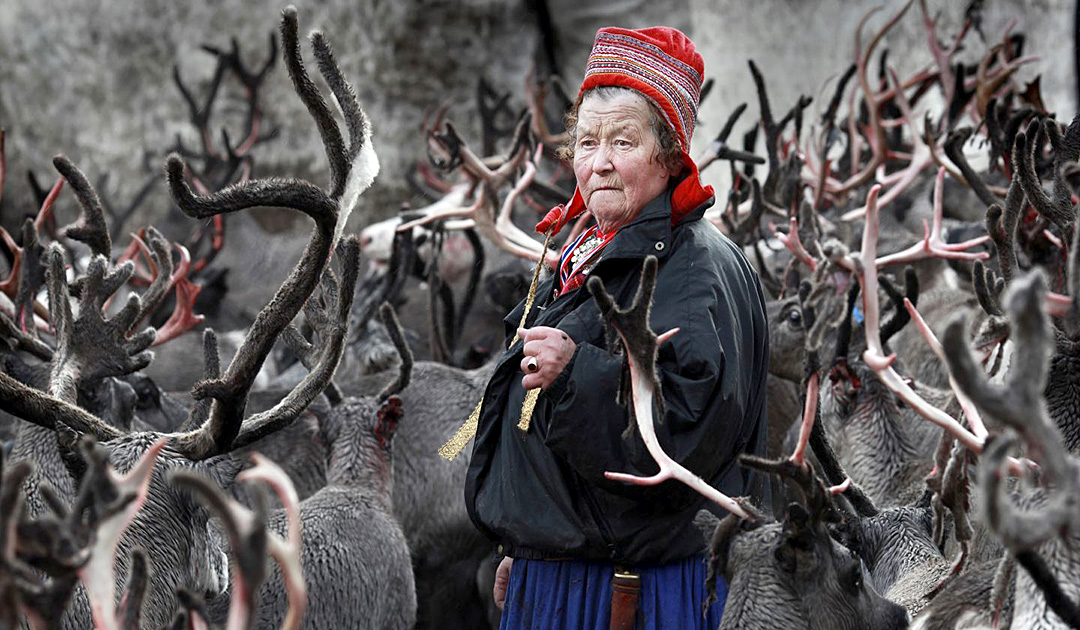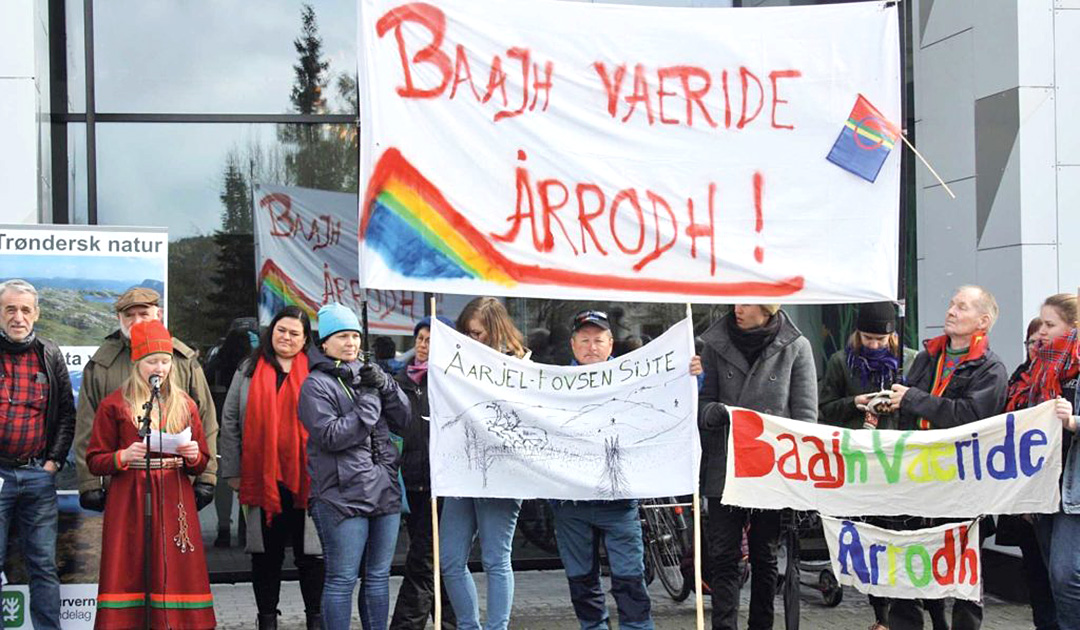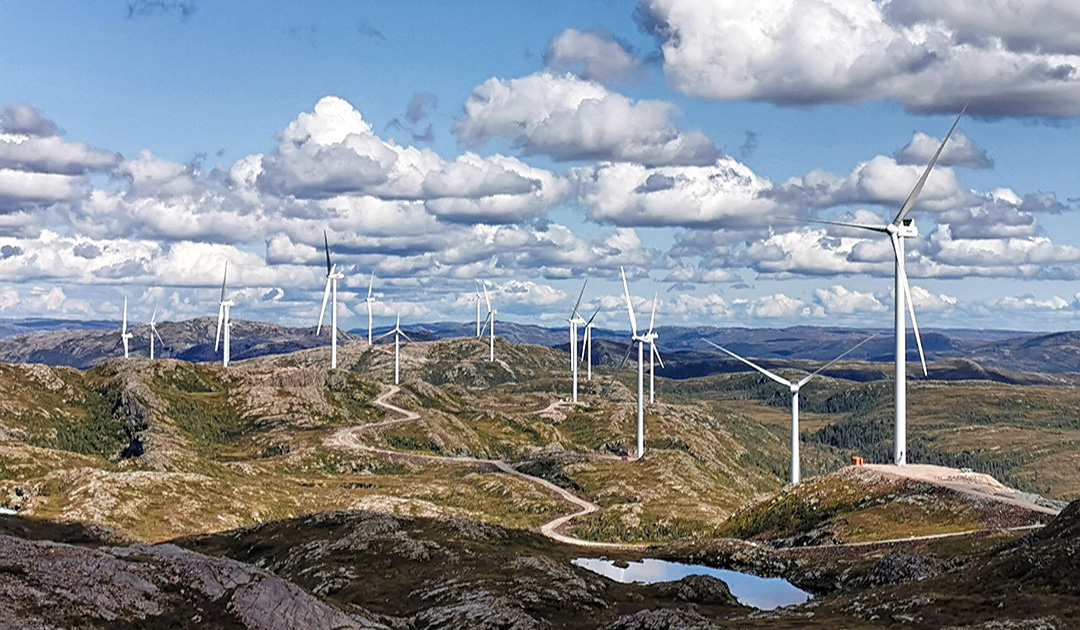
After years of opposition from indigenous people, a Swiss energy company has reconsidered its investment in a Norwegian wind power project that could affect traditional reindeer pastures. This could increase the pressure on Swiss companies to behave responsibly when investing abroad.
Text: Anand Chandrasekhar
After months of back and forth and four mediation sessions, the Swiss NGO Society for Threatened Peoples (STP) reached an agreement this month with the Swiss energy company BKW over its investment in a Norwegian wind power project. The project threatened the livelihood of the local indigenous Sami community.
The Swiss company agreed to revise its code of conduct and further develop its due diligence on third-party projects. It is important for BKW to include an opt-out clause in contracts with third parties. This gives it the option of withdrawing from its contractual obligations at any time if breaches are identified and the partners fail to remedy them satisfactorily.
“BKW will ensure that contractors in power plant projects pay attention to human rights compliance and will provide for an exit option as a last resort,” the company said on August 26.
The decision to include an exit clause could set a precedent in the industry. Although BKW’s commitment comes too late to help the Sami reindeer herders, it could serve as a model for Swiss companies wishing to invest in energy and infrastructure projects or enter into partnerships abroad. “The STP welcomes these first steps towards greater corporate responsibility as a clear signal to the entire energy sector and expects BKW to apply these new instruments consistently,” says the NGO.

Green energy threatens traditional livelihoods
The indigenous Sami group in Norway has been fighting for years against BKW’s wind power project, which they say would destroy their way of life. Storheia, the site of the largest of six wind farms, is an important winter pasture for the reindeer herds of the southern Sami.
BKW holds a stake in Nordic Wind Power DA, a European investor consortium founded by Credit Suisse Energy Infrastructure Partners, which in turn holds 40% of the shares in the joint venture Fosen Wind DA, which is implementing the project on the Fosen peninsula in western Norway.
In January 2020, the STP filed a complaint against BKW with the National Contact Point of the Organisation for Economic Cooperation and Development (OECD). The GfbV claims that the loss of these areas through the wind power project would force the last Sami reindeer herders to give up their livelihood and culture. Despite the ongoing legal challenge by Samen, the wind power project was approved and the Storheia wind farm became operational in February. The public inauguration ceremony for the last of six wind farms took place on August 12, despite the fact that the legal dispute is currently being heard by Norway’s highest court.

From the perspective of affected communities and civil society, it is difficult to hold Swiss companies accountable for their actions abroad. This applies all the more when third parties such as suppliers or investment companies are involved. An attempt to introduce legal liability – the so-called corporate responsibility initiative – was narrowly defeated in last year’s vote. The government is working on an alternative, but it will likely be milder for businesses.
Due to the limited legal possibilities, affected persons and NGOs are dependent on submitting complaints to the OECD National Contact Point in Switzerland. This provides a mediation service to bring both parties to the table, but cannot prescribe solutions or force compliance.
It therefore remains to be seen whether BKW will keep its promises. The agreement is nevertheless seen as an important step towards recognising responsibility for investment and cooperation abroad.
Text: Anand Chandrasekhar
Source: Swissinfo.ch
Original text: https://www.swissinfo.ch/ger/sami-zwingen-schweizer-unternehmen-zu-mehr-verantwortung/46912464





